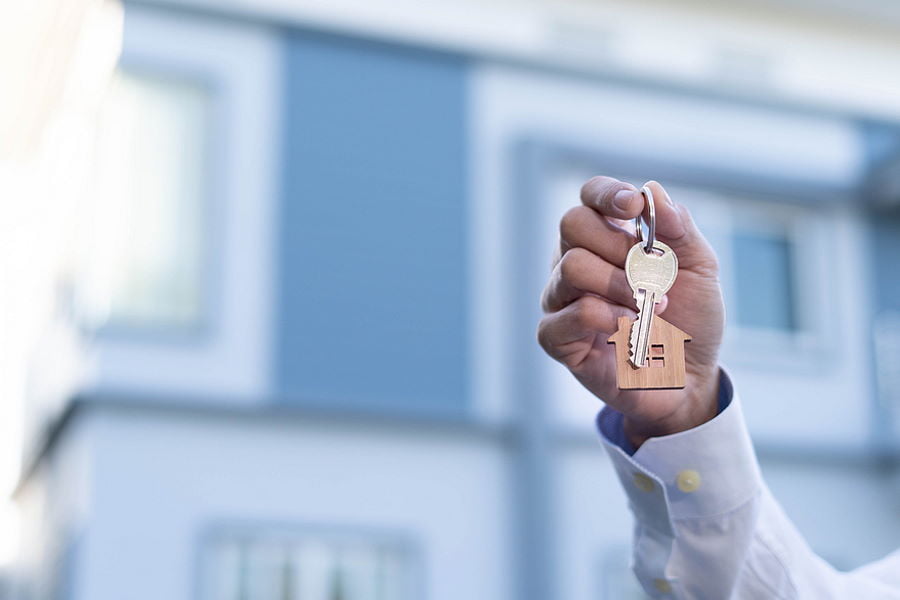If you own a condominium property, a homeowner’s association or condominium board likely controls the upkeep of the property and amenities within the building. In most states, the board or association is allowed to purchase property and casualty insurance for the entire condominium including all of the common elements and individual units. This is often referred to as the “master policy” and it is insurance that a Homeowners’ Association or condo board holds. They will typically carry their own coverage to protect themselves against liability and other legal concerns. This insurance coverage is usually written in the name of the board of managers or condominium association and any insurance is typically payable to the board for each of the unit owners in the percentages established in the declaration. The master insurance policy typically covers damages to the structure of the building and common areas. Because a condominium is a type of property that has shared ownership, complex insurance issues can sometimes arise between homeowners and condominium associations with respect to liability for property damage.
If you have to make an insurance claim, you may be wondering whether you should make an insurance claim to your own personal condominium insurance (if applicable) or your HOA’s master policy? The answer depends on a few different factors. The investigation of what should be insured by the association requires the analysis of at least five questions (1) What is owned by the owners as a group (as “tenants in common”) and therefore should be insured by the association as a group vs. what is owned exclusively by an individual unit owner, and therefore should be insured by the individual; What does the association have an obligation to repair, and should the association carry insurance to cover all of those items; (3) What does the condominium statute require the association to insure; What is the practical expectation of the owners, and what practice will safely provide the coverages without gaps; What do the lenders and the secondary market lenders and guarantors require; With regard to the first of these issues, it must be remembered that in the typical condominium (where the unit; starts with the interior surfaces of its perimeter walls) 1 the owner does not own the shell of the building, but does own the interior partitions (unless they are “supporting walls”). It makes sense to have the owner be responsible for those areas which he owns, and for the association to be responsible for the stability of the building. To simplify, when damage results from an insurable event, then the requirements of the Act, the association is generally not liable for personal property within the unit or limited common elements, and floor, wall, and ceiling coverings, electrical fixtures, appliances, water heaters, water filters, built-in cabinets and countertops, and window treatments, including curtains, drapes, blinds, hardware, and similar window treatment components, or replacements. To sum things up, as a unit owner, you are responsible for items that are located within the boundaries of your unit and serve only your unit.
If you are a condominium homeowner who has recently experienced damage to your condominium unit and are looking for clarification on your rights and responsibilities, please contact us. The attorneys at The Morgan Law Group recognize your rights as an insured homeowner, understand how the insurance claims process works, and know-how to submit a strong homeowners insurance claim that will prevent your claim from being denied, delayed, or underpaid. Your home insurer will hire a team of attorneys who will work hard to make sure you don’t receive the compensation you are entitled to. You should have a team of lawyers working for you too! The Morgan Law Group, P.A. will aggressively represent you to ensure you get the money you are owed without any further delay by the insurance company. Our team of attorneys has decades of experience providing affordable representation to homeowners facing a wide range of denied, delayed, or underpaid insurance claim issues.
Contact our law firm today at 888-904-2524 for a free consultation!

